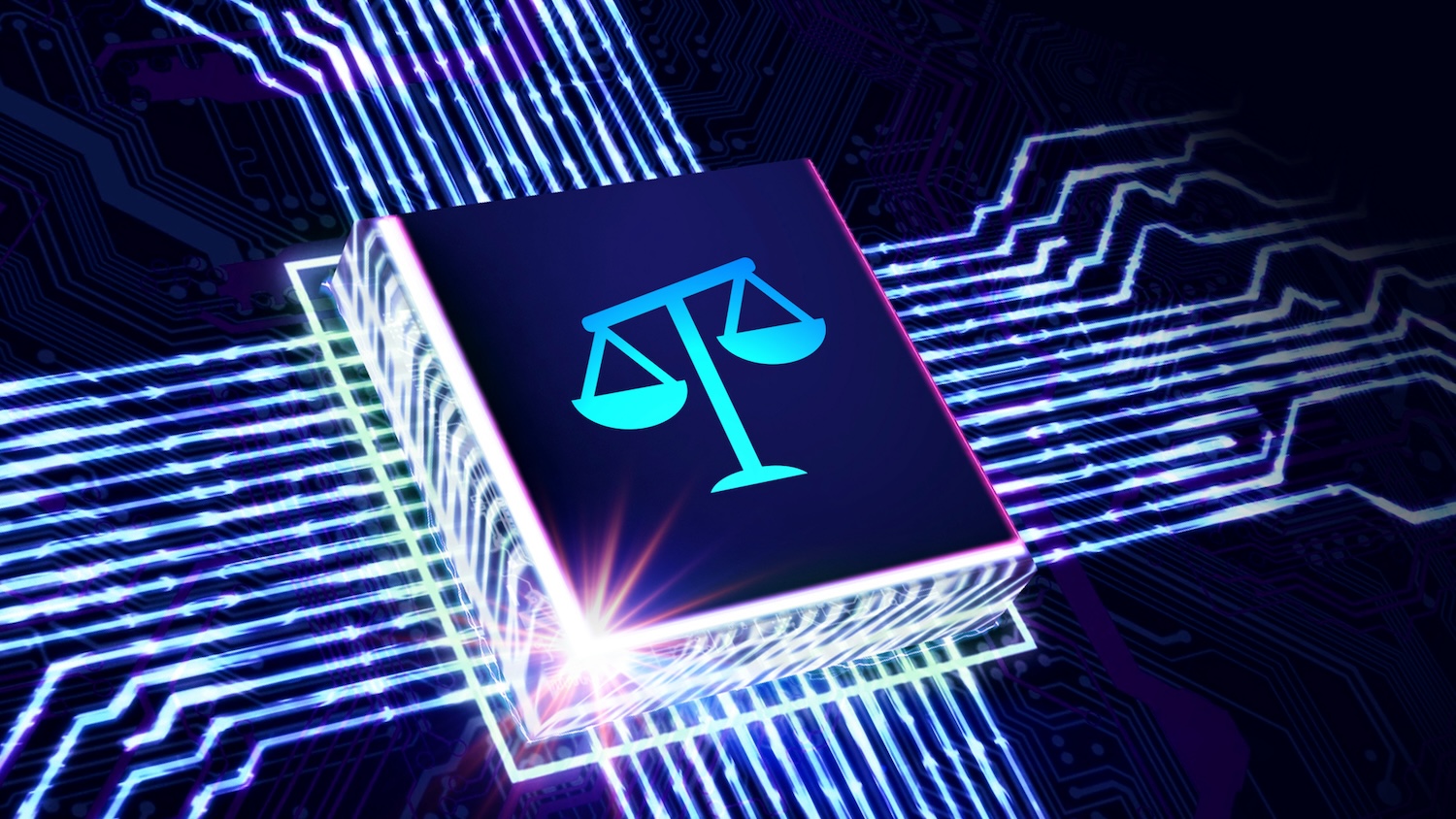
Would you trust an AI arbitrator?
Would you trust AI in arbitration? The American Arbitration Association-International Centre for Dispute Resolution (AAA-ICDR) has developed an AI arbitrator, designed to “meet the growing needs of parties facing an increasing volume of low-dollar value, document-heavy disputes”.

The AI arbitrator will first be available for documents-only construction cases, “a high-volume area where efficiency and speed are essential”, the AAA-ICDR said. The AI arbitrator rapidly reviews the parties’ pleadings, exhibits and legal authority, shortening the time to award.
It has been developed with “transparency and accountability in mind”, draws on established legal reasoning patterns and is paired with human oversight – an AAA arbitrator who reviews, validates and issues the award. This ‘human in the loop’ approach should give parties confidence that outcomes are reliable and fair.
The AAA-ICDR developed the AI arbitrator in collaboration with QuantumBlack, the AI consulting arm of McKinsey & Co.
How does it work? First, the parties submit their claims and evidence, which are summarised by the AI arbitrator. The parties then validate that the summaries are accurate. Next, the AI arbitrator parses claims, analyses evidence, applies law, and drafts a proposed award with record citations. Finally, the AAA-trained human arbitrator reviews, revises as needed, finalises and issues the award.
The AAA emphasises that the AI arbitrator outputs a proposed award – it is not a final decision. Arbitrators working on AI-led cases receive specialised training in reviewing AI-generated analyses.
For its launch, the AI arbitrator was trained on more than 1,500 real AAA construction awards and refined through expert human calibration. This training gives the system domain-specific expertise while protecting confidentiality, the AAA said.
AAA executive vice-president and chief operating and revenue officer Frank Rossi said: “In a business environment where budgets are stretched thin and disputes divert time, resources and focus away from operations, the AAA’s AI arbitrator can resolve simpler disputes at least 25% faster and 35%-45% more cost-effectively than traditional arbitration processes, allowing individuals and companies to deploy their resources to more important matters. As we further develop our processes and technology, we expect these types of savings to be available to more complex disputes over time.”
Both parties must agree to use the AI arbitrator. If one or both prefer a traditional AAA arbitration, that’s what they get. Rossi noted that the “AAA’s exceptional people, processes and technologies will always remain available for customers who prefer a more traditional route to dispute resolution”.
Keep up to date with DC+: sign up for the midweek newsletter.







